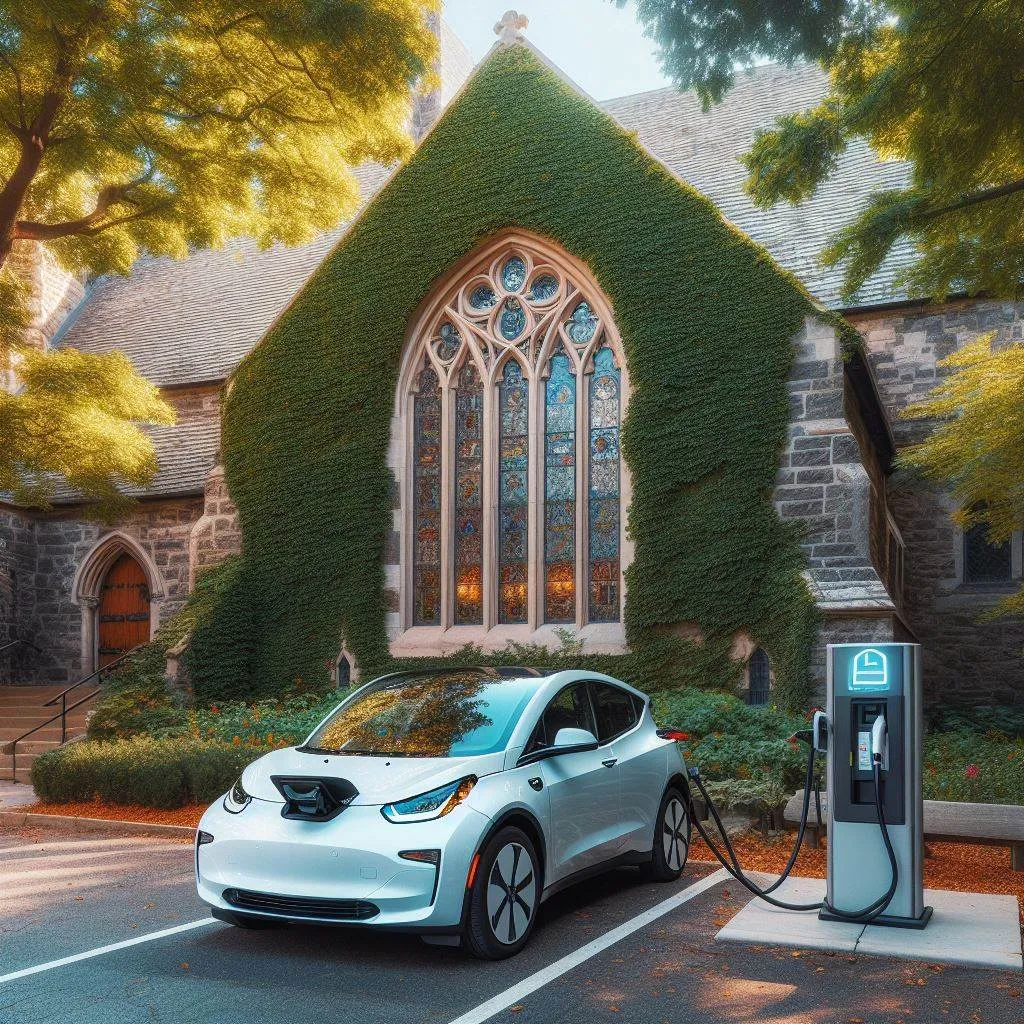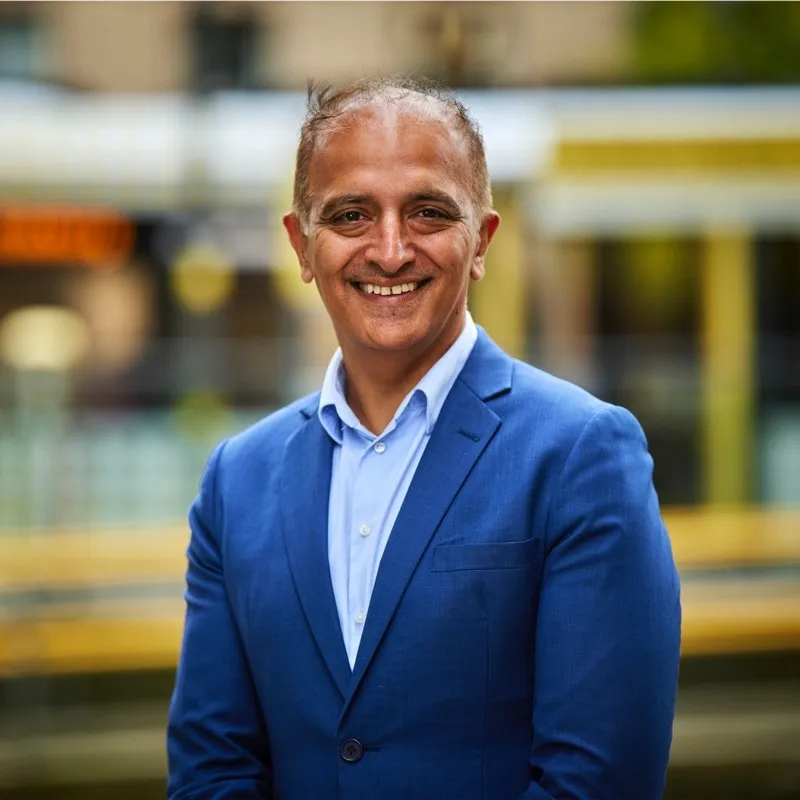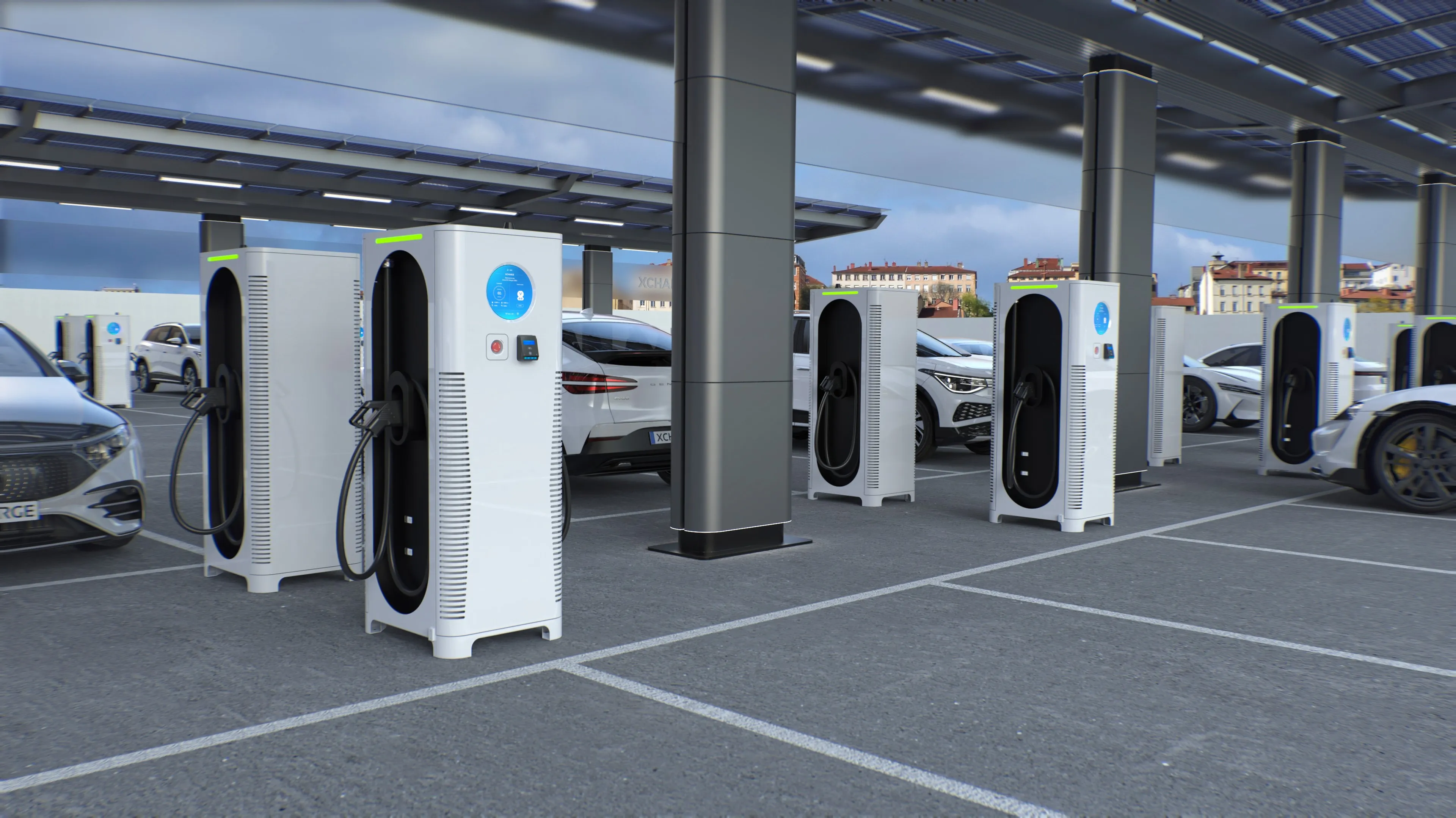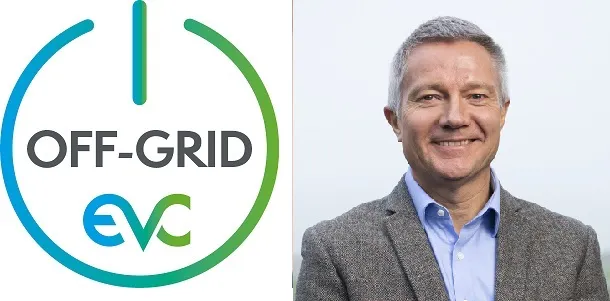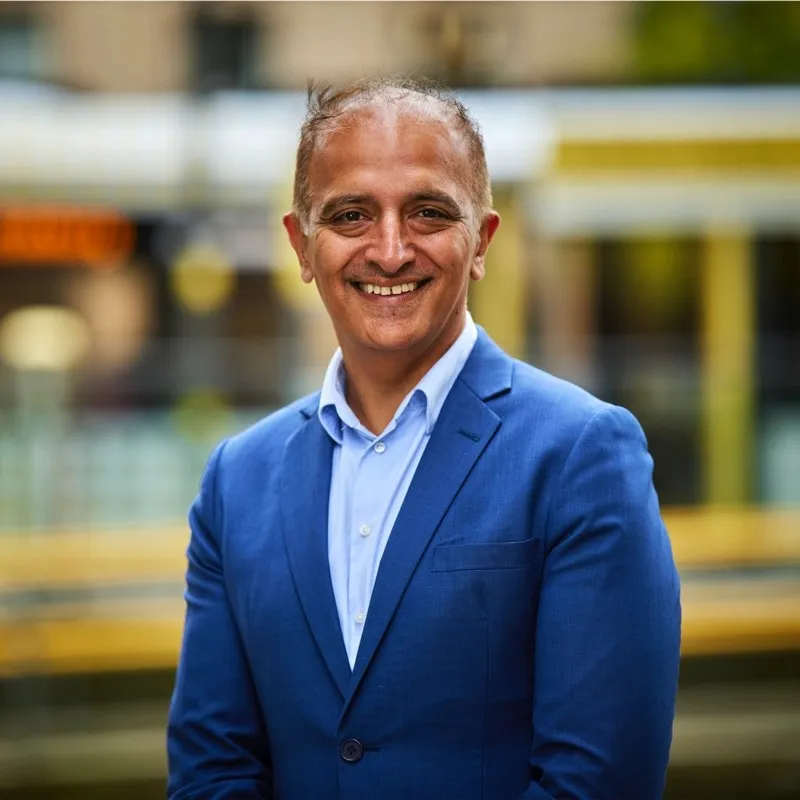
Ghafoor says that the new Labour government should introduce a simple mandate that compels every local authority to open up 50% of their land for private companies to install EV chargers.
He adds: "They don’t have the capital or expertise to do it themselves. We don’t want any more rules or changes - that’s a headache for everyone. What we really need is continuity and certainty. This will really help charging networks to expand.
“There needs to be some encouragement to drivers, and we have a few options here. We could reduce the power cost for those who switch and get rid of the VAT on public EV charging costs. Norway is a good example. They gave free exemptions to the toll for EV drivers and gave free local authority parking as well. These aren’t expensive and they went a long way in creating a more positive feel about EVs.
“We have an opportunity to be world leaders in EV chargers. We have the expertise and capital to do it, and if we do it successfully, we can export this to other countries, creating jobs and investment along the way.
“Every time previous Governments have had a mandate to encourage green finance investment it’s ended up being a disaster. We should have less government involvement. There’s enough capital and expertise in the UK that all the Government needs to do is simplify things and let the private sector get on with it.
“The obsession with a total number of chargers being installed is unhelpful. It leads to far too many cheap lamppost chargers being installed, which are not only slow, but will become nothing more than street clutter in the next three years.
“Instead, the Government should set clear targets that each DNO needs to deliver a certain amount of power to chargers on an annual basis or they get fined! It’s simple - we need more of a focus on installing faster chargers and put the pressure on DNOs to get them to speed up the transition.
“Instead, they should have targets for chargers in their area to provide a certain amount of power to encourage more useful chargers. If they don’t meet these targets they should be fined. The LEVI fund has been a complete waste of time and needs to be scrapped. It means local authorities spend a lot of time faffing around unnecessarily for very little progress.
“Finally - bring the 2035 ban back to 2030. It’s an achievable goal that won’t cost the Government a lot, but will be a huge psychological boost that will get people feeling good about EVs again.”


